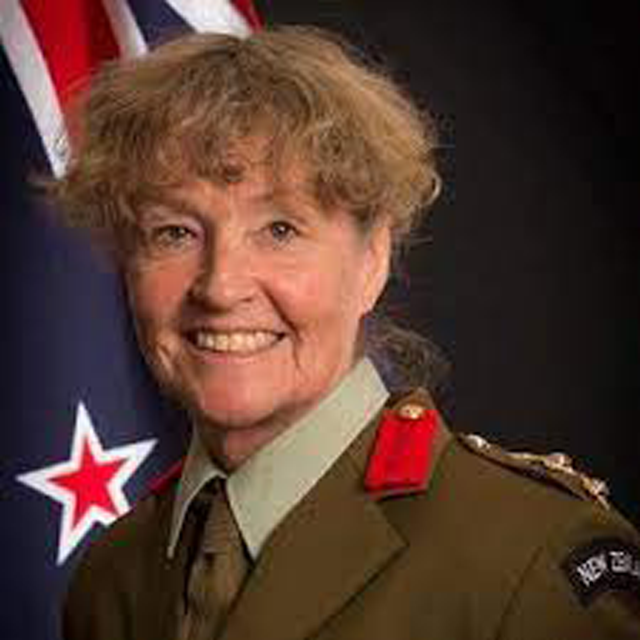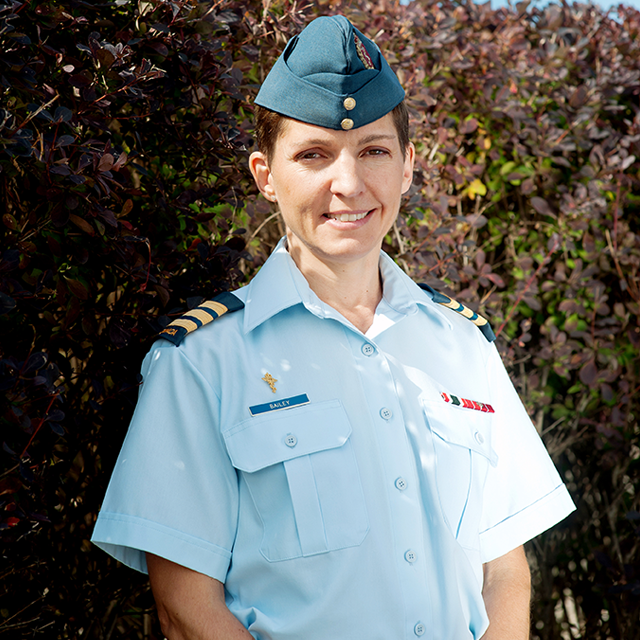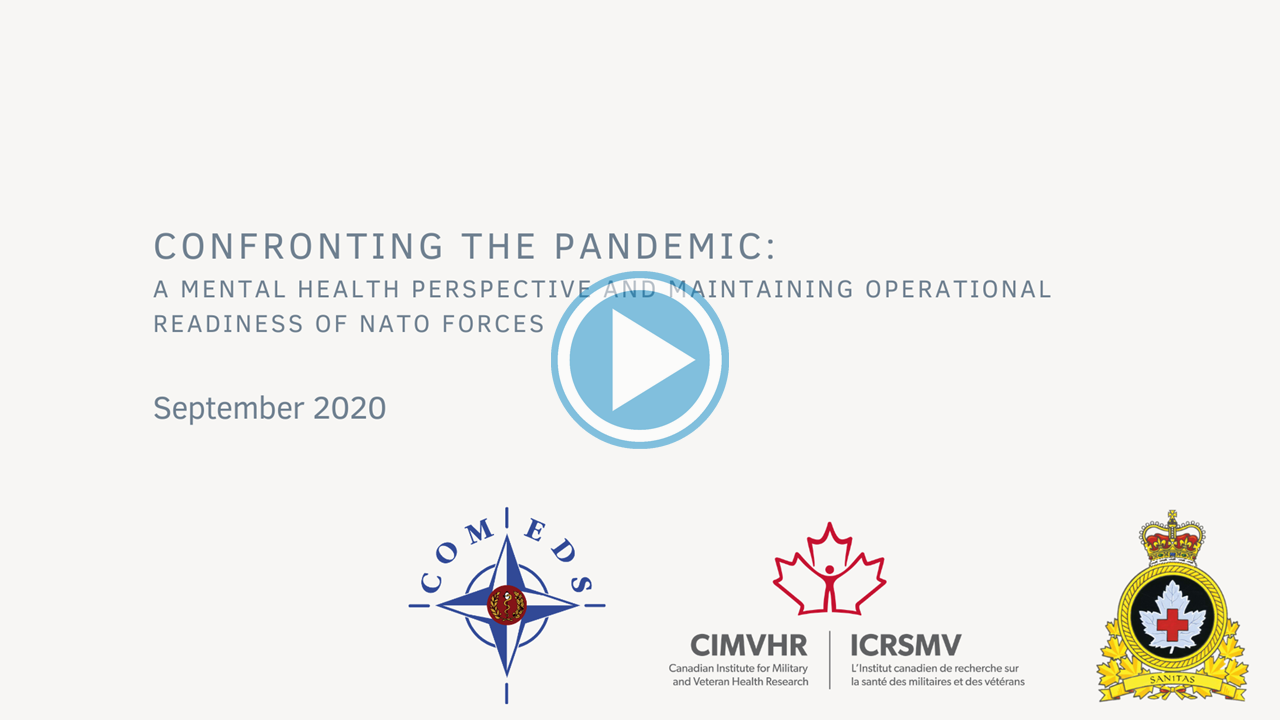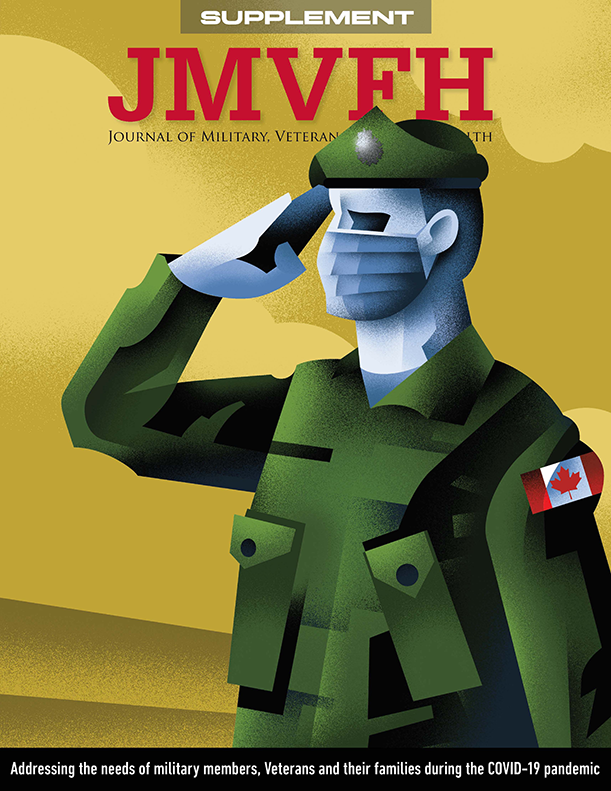Description
This symposium is presented in partnership with the Canadian Institute for Military and Veteran Health Research (CIVMHR) and the NATO-COMEDS Military Mental Health Panel (MMHP). COVID-19 has brought with it a whole host of challenges and fundamentally altered the way military personnel prepare for and are supported during operations. An immediate response was required to ensure continuity of care for existing and emerging mental health needs of military personnel. Inability to adapt to this environment would adversely impact the operational readiness of our Forces. This is a rapidly growing field, and the evidence base is still evolving, however, we may be able to leverage the existing knowledge on disaster psychiatry. The aim of this symposium is to bring the MMHP and an invited group of international experts together in partnership with CIVMHR to examine the current evidence base and best practise to maintain operational readiness and mental wellness of NATO Forces during a pandemic.
The focus of the symposium will be on personnel who are currently serving, and will aim to consider four key areas using the guiding principles of “PROMOTE”, “PREVENT”, “DETECT” and “TREAT”. The aim is to cover the whole operational readiness cycle from preventative measures through to clinical treatment, thereby generating recommendations for best practise for both the Chain of Command and clinical services. The three key areas of focus are:
- The emerging epidemiology within military personnel of mental health disorders seen during the COVID pandemic, and their potential relationship to the pandemic, directly and indirectly.
- The best actions and interventions to maintain operational readiness of NATO Forces during the acute phases of a pandemic like COVID-19, as well as in subsequent prolonged periods where severe restrictions on social contact prevail. The aim is also to propose key elements that would guide the ongoing provision of care during such a prolonged period.
- The “best practice” actions and interventions to maintain operational effectiveness during NATO operations in the context of a pandemic.
Presenters
In order of appearance
Agenda
Confronting the Pandemic: A Mental Health Perspective and Maintaining Operational Readiness of NATO Forces
Opening Remarks
Stéphanie Bélanger, PhD, Associate Scientific Director, Canadian Institute for Military and Veteran Health Research
Emcee: Surgeon Captain Rik Coetzee, Defence Consultant Advisor in Psychiatry, Defence Medical Services, United Kingdom

Scope of the Problem / Epidemiology
Clare Bennett, MBS, MSS, Director Integrated Wellness, New Zealand Defence Force
Professorial and Discussant: Professor Sir Simon Wessely, Regius Professor of Psychiatry, KCL; Director, NIHR Health Protection Research Unit on Emergency Preparedness and Response

Risks, Leadership and Virtual Care
Joshua C. Morganstein, M.D., U.S. Public Health Service; Associate Professor of Psychiatry, Assistant Chair Department of Psychiatry, and Assistant Director Center for the Study of Traumatic Stress at Uniformed Services University, United States of America
Professorial and Discussant: Carl Castro, PhD, Director, Center for Innovation and Research on Veterans & Military Families, United States of America

Road to Mental Readiness (R2MR) and Wellness
LCol Suzanne Bailey, MSW, National Practice Leader, Social Work and Mental Health Training, Department of National Defence, Canada
Professorial and Discussant: Col. Eric Vermetten, MD, PhD, Medical-Biological and Psychiatric Aspects of Psychotrauma, LUMC/University of Leiden, Netherlands
Break
Panel
Chair: Col Rakesh Jetly, MD, FRCPC, Chief of Psychiatry, Canadian Armed Forces
Panelists: all speakers
Closing Remarks
Emcee: Surgeon Captain Rik Coetzee
 Nato Symposium
Nato Symposium




